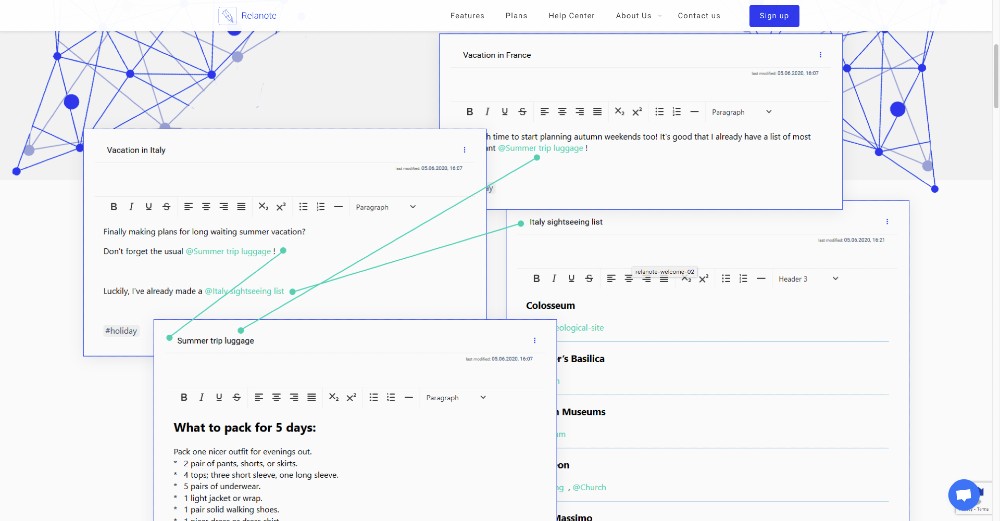Would you pay for an insurance policy on your car if it didn’t cover you in any way shape or form, rather covered your lender’s loss if you get in an accident? Of course not, that’s ludicrous, but mortgage lenders have long done it on homes with most barely batting an eye at the tiny line item.
Lender Paid Mortgage Insurance (LPMI) is an insurance policy a homeowner can’t collect on, rather protects the bank in the event that the property is lost to say a fire, which is exactly what happened to Rolling Lazzarone’s home in Reno three years ago which is still no more than a concrete slab.
Lazzarone’s Attorney, Ken McKenna tells News 4, “Nobody knows about LPMI. It’s fraud.”
Fraudulent or not, they must disclose
Whether fraudulent or not, Wells Fargo is being sued for failing to disclose the LPMI policy when Lazzarone bought his house, contending that he is not the only homeowner who never signed a disclosure, paying on an insurance policy on the bank, and when a homeowner attempts to talk to the insurance company, no details can be given because it’s the bank’s policy, not the homeowner’s.
In this instance, the homeowner said they hadn’t heard of LPMI until recently, and according to the Wells Fargo website, the homeowner pays the LPMI through a higher interest rate on their mortgage. The Federal Homeowners Protection Act was passed by Congress to require that if LPMI is tacked on to a loan, the borrower must be informed first, particularly since they cannot collect on the policy.
Lawsuit seeks punitive damages
McKenna says banks are skirting the disclosure laws, and is seeking punitive damages to make a statement. “The problem in this case and we believe in a lot of cases is the LPMI is being taken out, by the bank, but the person who’s buying the home doesn’t even know its happening.”
Lazzarone equates LPMI to double dipping. “If the bank forecloses on your house, they get the property, but they also get the value of that insurance policy; a policy the customer has been paying for.”
The grenade: loan mods
“I think it speaks to the core of why you don’t see anybody getting loan mods the past 6-7 years,” he added. “Why would I refinance you if I’m going to get my money back, collect all your payments and then I get to sell your property?”
What you need to do for your clients
Despite legalities, a troubling premise remains: “If the average joe was to call up tomorrow and ask, ‘Do I have LPMI on my property,’ can they find out? I don’t think so,” said Lazzarone.
As a real estate professional, you should at a minimum be aware of LPMI, and at a maximum, make sure your clients are being informed of it up front, maybe even go check on a few that have already closed. LPMI may not be illegal, but some see it as double dipping – will this court case change the direction of this fee that is not consumer-centric?
Tara Steele is the News Director at The American Genius, covering entrepreneur, real estate, technology news and everything in between. If you'd like to reach Tara with a question, comment, press release or hot news tip, simply click the link below.















































